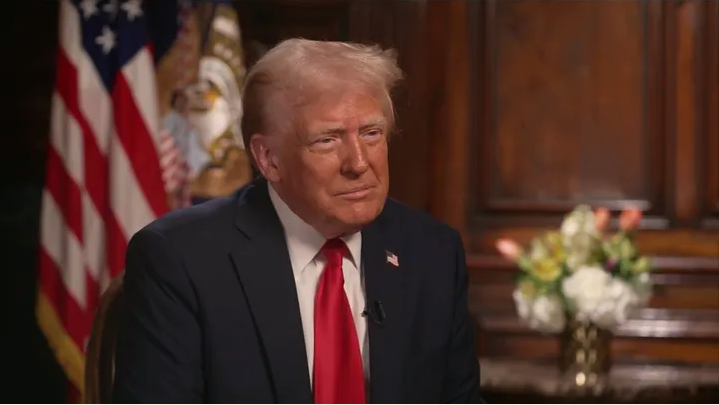“Could Dogecoin be the next ticket to taxpayer relief?” That’s the question buzzing among economists and political analysts as former President Donald Trump’s rumored interest in cryptocurrency resurfaces.
It is his unrealistic ideas that have focused discussions around him and so it is not surprising that the proposed redistribution of Dogecoin (DOGE) savings to American citizens has led to lively discussions.
And what? Is this very possible or is it another hype surrounding cryptocurrency?
The Buzz Around Trump and DOGE
For quite some time, Trump has not supported cryptocurrency because he has described it as very risky.
However, most recent opinions suggest that his position, especially on DOGE, has changed, which is rather surprising. Trump made DOGE part of the government, signaling a significant shift in his stance.
What was meant to be a joke later turned out to be a massive currency supported by some of the most powerful influencers like Elon Musk? Trump’s pivoting to DOGE to finance tax relief is aligned with many speculations that suggest he would greatly benefit from capitalizing on the market value of DOGE.
As some of his aides have tried to use Populist Trump Economics to court the Middle Class, these hints have given rise to other possibilities.
This begs the question, is there going to be a Trojan horse takeover of Dogecoin reserves? The picture is blur for now.

Legal and Economic Challenges
The redistribution process of DOGE savings isn’t quite as simple as cashing out a check. Dogecoin spikes after Trump announces a Department of Government Efficiency, adding another layer of speculation to the debate.
The government seizure of private cryptocurrency possessions is out of bounds, which leads to skepticism regarding the practicality of this idea.
The U.S. government DOGE acquisition through mining or reserve purchases also bears extreme risk due to cryptocurrency market volatility.
Furthermore, the regulation and control required while switching DOGE into fiat currency make this alteration incredibly severe in terms of economic factors.
Not to mention, implementing such a redistribution plan would likely face opposition from financial institutions, cryptocurrency advocates, and even taxpayers worried about the implications of increased government interference in the digital currency space.
The More Comprehensive View
Trump might mark a turning point in the acceptability of cryptocurrencies in mainstream governance if he takes this notion seriously.
The action might indicate that cryptocurrency is now a respectable asset with tangible benefit to public policy rather than a fringe investment.
Many skeptics argue this would create an unprecedented level of government skepticism towards intervention in decentralized assets, which goes against the fundamental principles of blockchain technology.
While Trump’s redistribution of DOGE savings to taxpayers sounds appealing in theory, the practicality of it makes the execution seem highly unlikely.
The thought, however, indicates a much deeper discussion that needs to be had about the increasing relationship between technology, politics, economics, and the outlook on our entire financial system.





